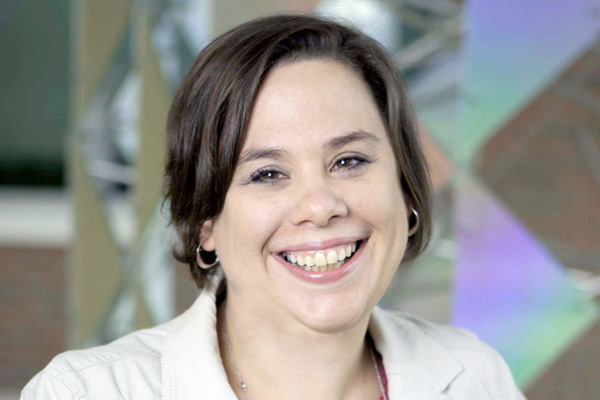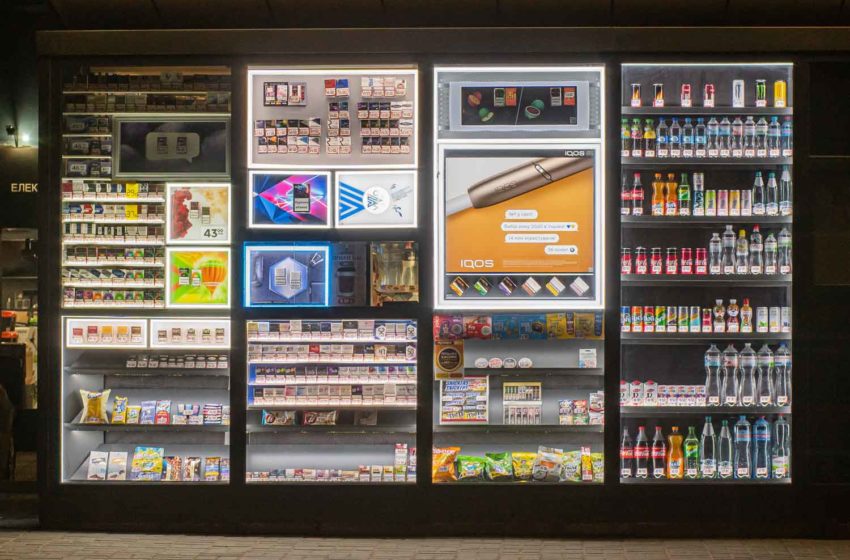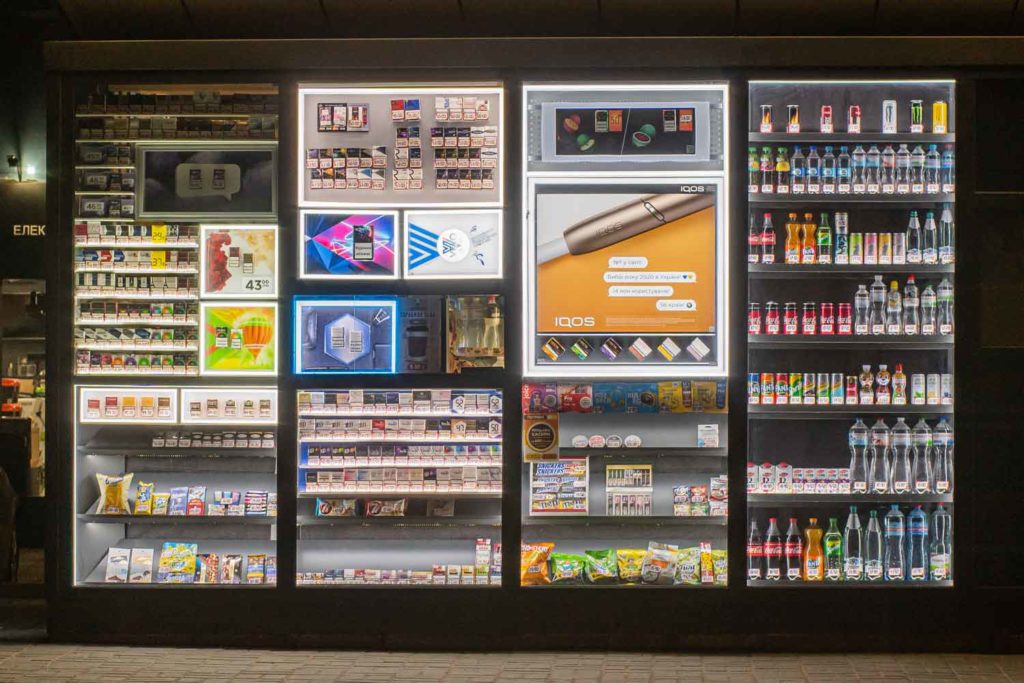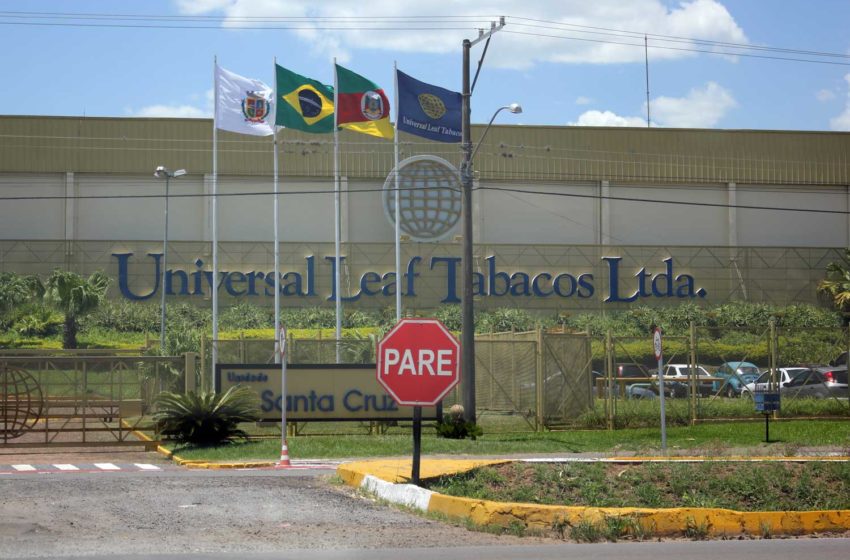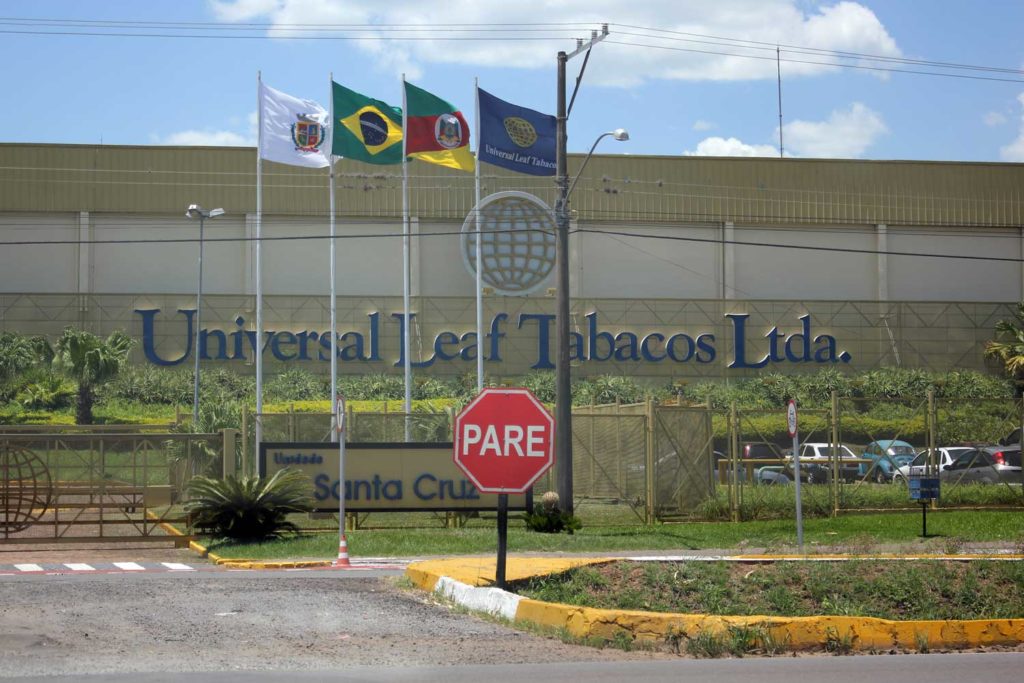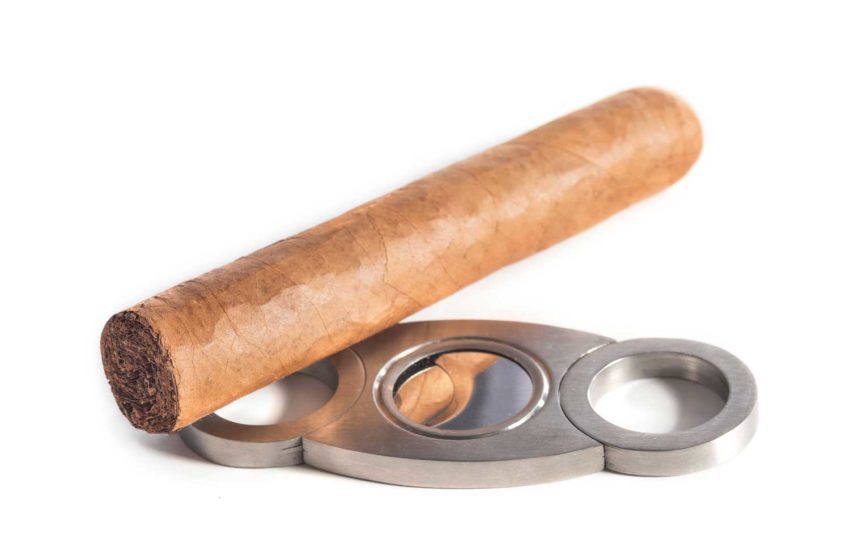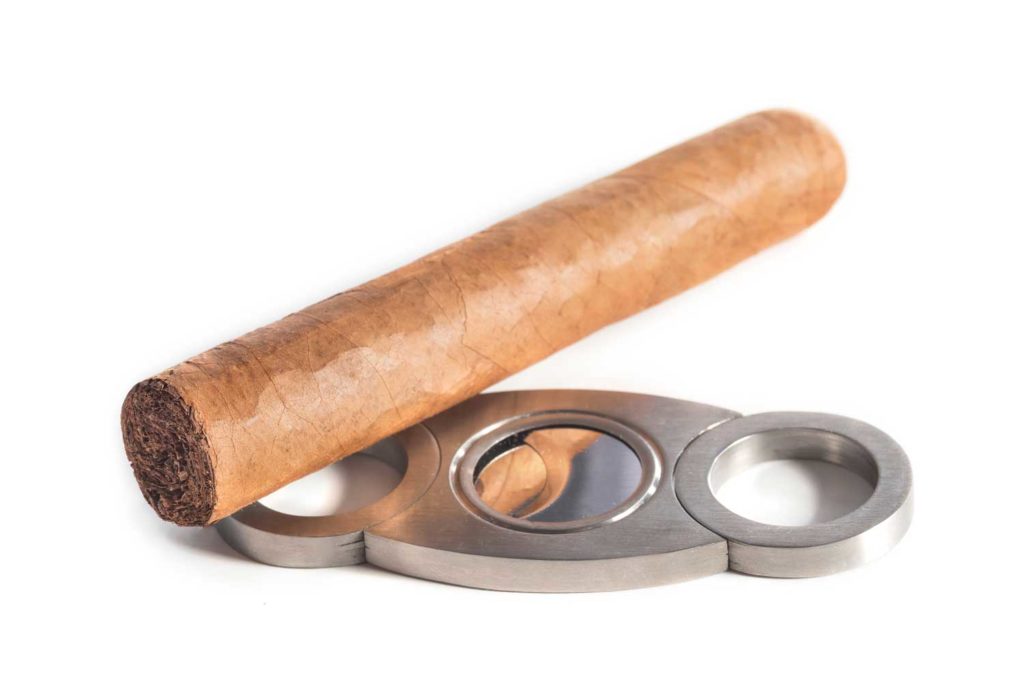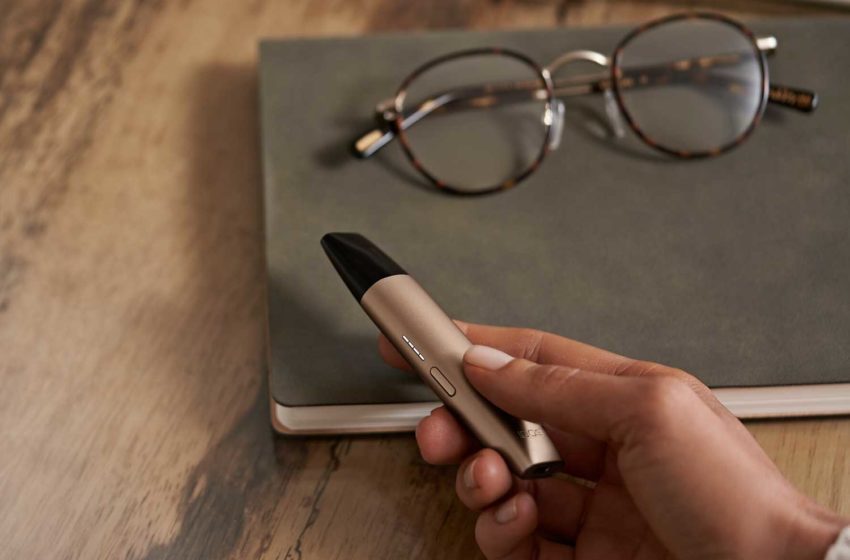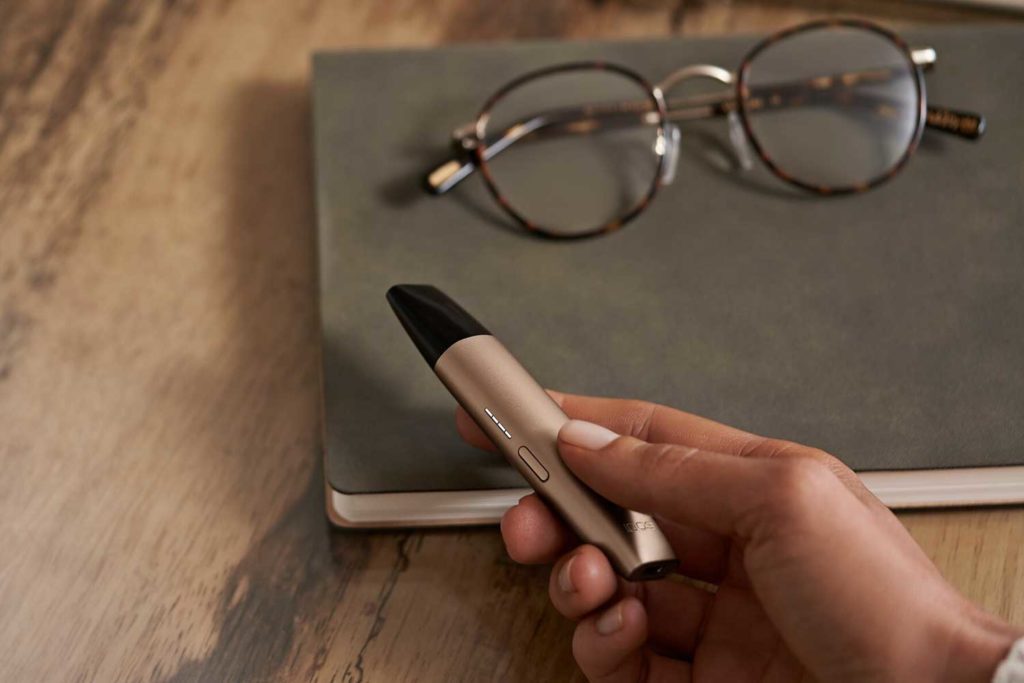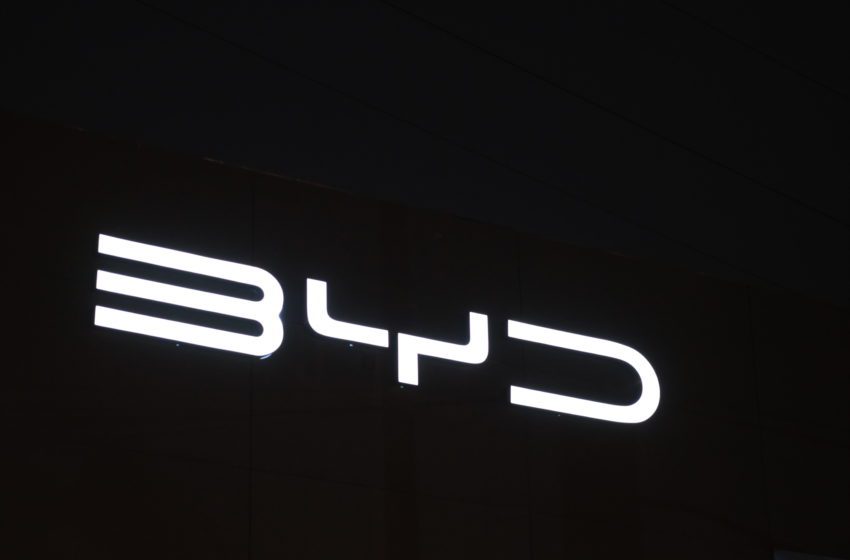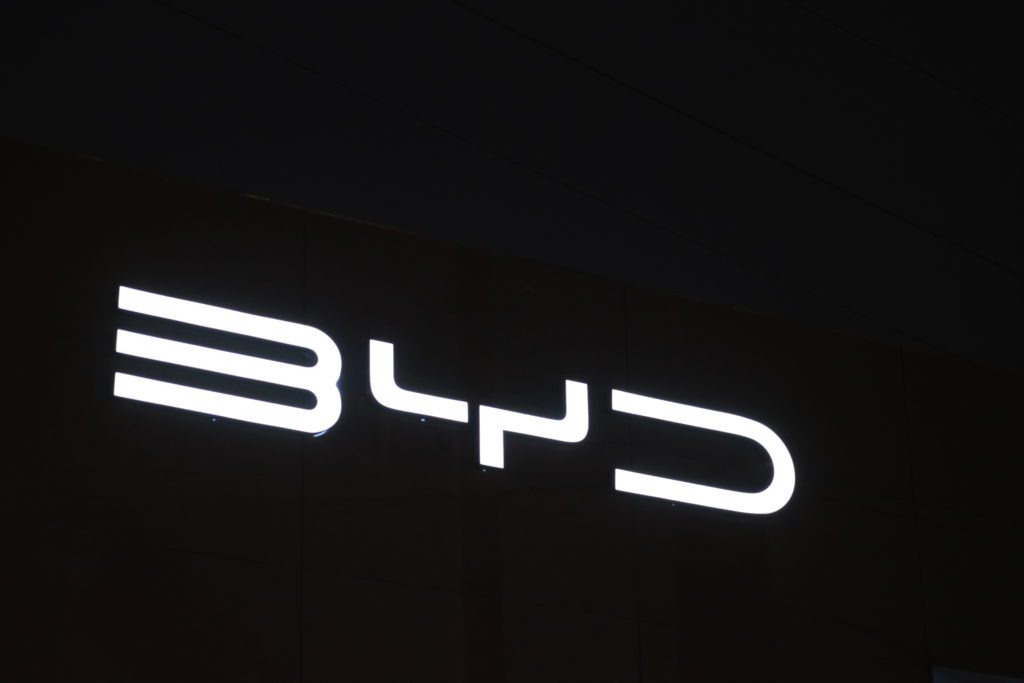
Philip Morris Holland Holdings has extended the acceptance period for its offer to Swedish Match shareholders until Oct. 21, 2022, as the bid awaits approval in Europe.
On May 11, Philip Morris International, through its Dutch subsidiary, offered SEK161.2 billion ($16.14 billion) to purchase Swedish Match. The acceptance period for the offer commenced on June 29, 2022, and was initially set to expire on Sept. 30, 2022.
In a statement, PMI said it has obtained all international approvals required for the transaction other than merger control approval from the European Commission, which is still pending.
Based on customary pre-notification discussions with the European Commission, the company believes the European Commission will not complete its review of the transaction before the Sept. 30 expiry date of the initial acceptance period.
Other than the extension of the acceptance period, the terms and conditions of the offer remain unchanged.
The Swedish Match board of directors has recommended shareholders accept PMI’s offer, but some shareholders have raised objections.
Earlier this year, Swedish Match shareholder Bronte Capital opposed the takeover, saying the offer price was “unacceptable,” according to Reuters.
Another shareholder has also said it was not clear whether the long-term value of Swedish Match was reflected in PMI’s offer price.
Meanwhile, Elliot Investment Management has reportedly been building a stake in Swedish Match and plans to oppose the pending takeover of the Scandinavian tobacco company by PMI under its current terms.
However, according to Danske Bank analyst Mads Rosendal, it is unlikely that Elliott will succeed in building a large enough stake in Swedish Match to stop the deal on its own

